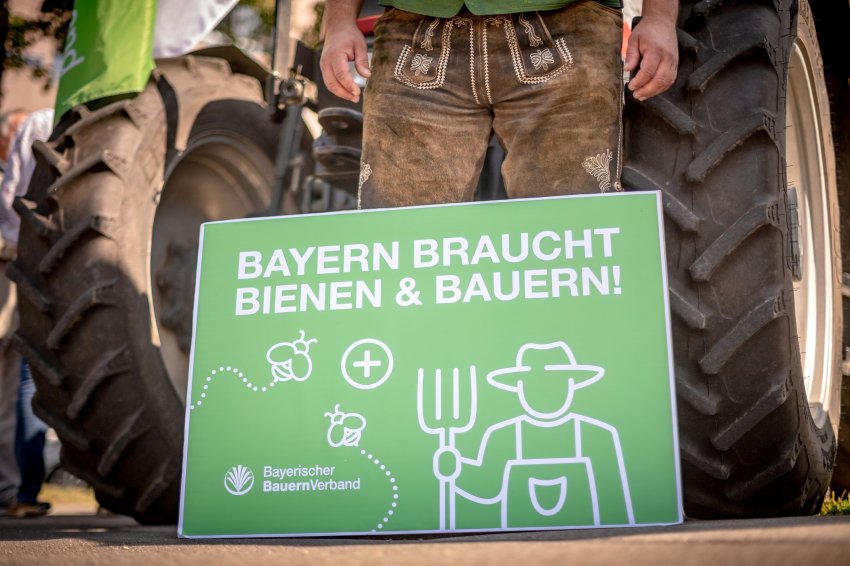In the English-language edition of Spiegel Online, a team of journalists investigates the growing interest in environmental sustainability among German citizens across the political spectrum. As one sociologist quoted in the article says, “The public is currently way ahead of politicians and the economy on this.” But the article also points out that individual and grassroots efforts to curtail climate change will have a limited impact without major government action and structural changes to the economy. Here’s an excerpt:
Consumption continues to grow unabated. And even while the percentage of consumption that is organic-vegan-green is growing, this trend can at best soften the general destruction that is taking place – not solve it.
That’s why this new sustainability movement is as self-deceptive as it is pointless, critics say. In the end, no one really wants to radically change.
But it’s also true that leaving it up to consumers alone to change the world will only overwhelm people. The Meusers are experiencing exactly this. Changing their habits to reduce their plastic waste has been difficult enough. Following a completely sustainable lifestyle – travel, food, housing, clothes, energy – is out of the question as long as they have to do it completely on their own. “We’d like to do more, but it would just take too big an effort,” says Maik Meuser.
The will to do good and live sustainably is there. This is true for many people. But in order to prevent their wish to improve the world from ending in frustration requires more than a few changes in consumption habits. It requires more than a few sacrifices here and there. The economy on the whole needs to become greener. The government needs to begin rewarding sustainable economic behavior and making environmentally harmful behavior more expensive. But is that likely to happen? Will the economy really go green – or will it just pretend?
Image: “Bavaria Needs Bees and Farmers” – a sign in support of organic farming to save butterflies and bees. Via Spiegel Online.
